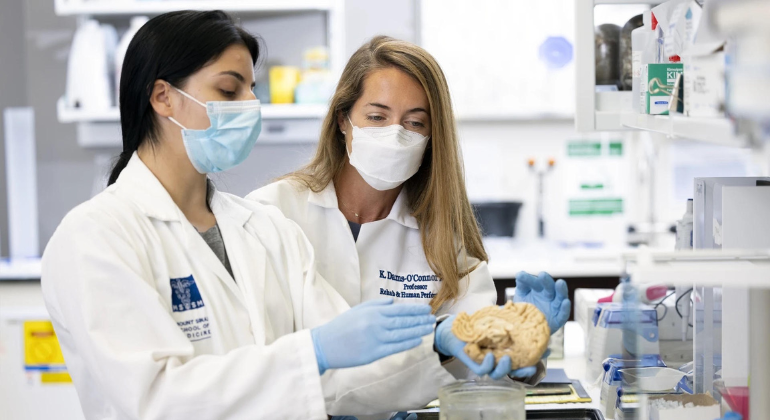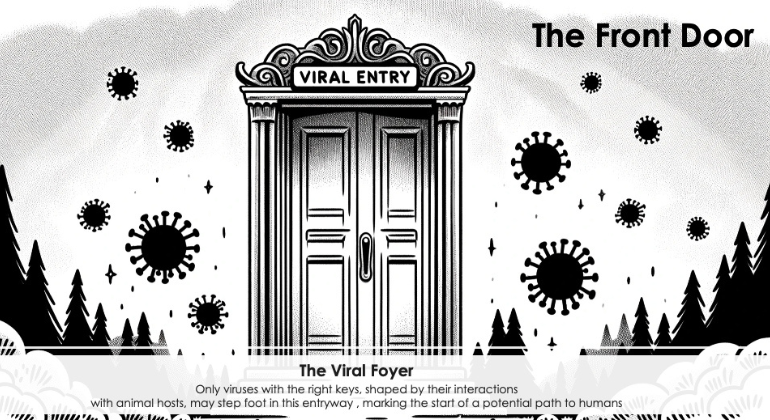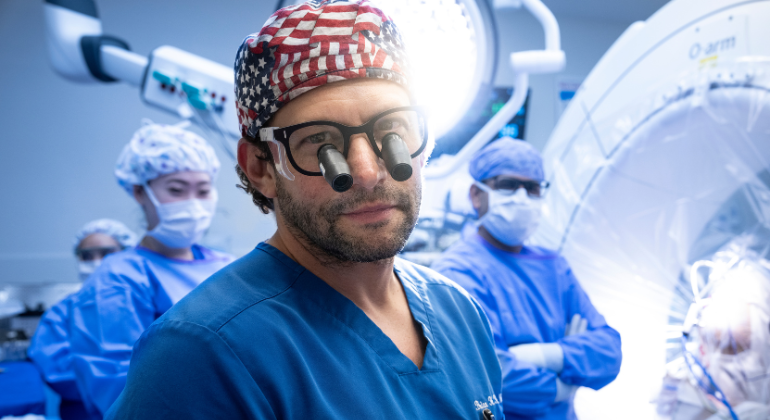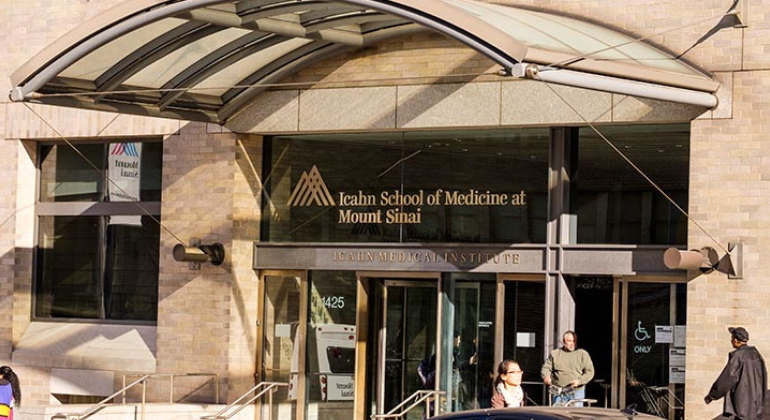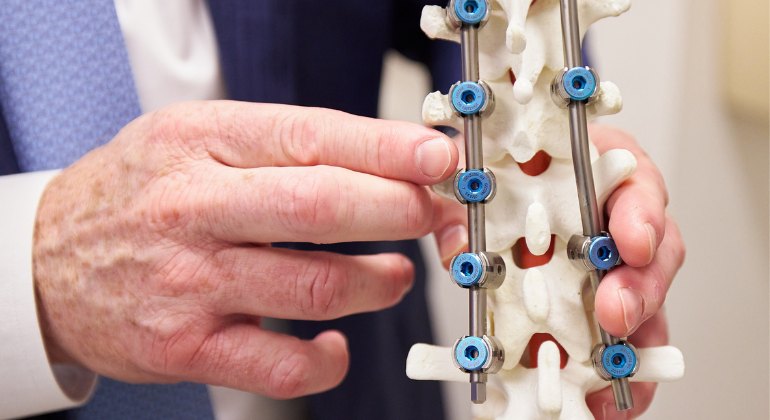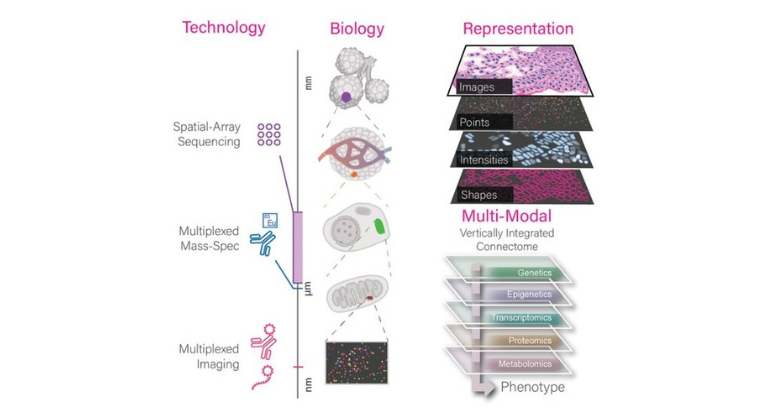$1.5 Million NIH Grant to Fund Mount Sinai Study of Environmental Toxin Impact on Fetal Development
The National Institutes of Health (NIH) has awarded Manish Arora, BDS, PhD, MPH, Assistant Professor of Preventive Medicine at the Icahn School of Medicine at Mount Sinai, a 2014 New Innovator Award. Dr. Arora will receive a $1.5 million grant towards studying the impact of environmental toxins and stress on fetal development. This is the first time that the National Institute of Environmental Health Sciences (NIEHS), one of the 27 research centers that comprise the NIH, has presented a Young Innovator Award. The award will be formally announced during the 2014 High Risk High Reward Symposium at the NIH headquarters in Bethesda, MD, in December.
“From identifying the most hazardous industrial chemicals to studying the impact of those chemicals on the developing brain, Mount Sinai has led the way in environmental health, and we are pleased that the NIH recognizes the important work done by Dr. Arora and his research team,” said Philip J. Landrigan, MD, MSc, Ethel H. Wise Professor & Chair, Department of Preventive Medicine, Icahn School of Medicine at Mount Sinai, and Director of the Children’s Environmental Health Center at Mount Sinai.
Dr. Arora and his team have proposed to develop a new methodology to study how fetal development may be changed by environmental toxins, as well as the associated risks of long-term health disorders. Past animal studies show that certain pollutants in the environment can impair the development of the brain, for instance, and preventive health experts hope to confirm such effects as a precursor to regulations that protect public health.
The team’s proposed methodology provides a window into the past and imparts critical information about toxic exposures dating as far back as the prenatal period. The team will retrospectively reconstruct fetal exposure to environmental toxicants with the aim of identifying not only how much of a harmful chemical an individual was exposed to, but also when that exposure occurred, even if it was before birth. For the first time, case-control studies can obtain time-series data on early life environmental exposures. Not only does the team aim to develop laboratory analytical techniques, but they will also develop novel, statistical modeling approaches that enable the rapid translation of information for public health application.
“We now recognize that measuring exposure to environmental toxins, in and of itself, is not sufficient to study health risks: whether exposure to such toxicants results in disruption of key physiological pathways ultimately increases the risk of a clinically detectable disease,” said Dr. Arora. “This fundamentally new methodology is based on laboratory methods we developed, and we are grateful to the NIH for supporting this critically important research.”
About the Mount Sinai Health System
Mount Sinai Health System is one of the largest academic medical systems in the New York metro area, with 48,000 employees working across seven hospitals, more than 400 outpatient practices, more than 600 research and clinical labs, a school of nursing, and a leading school of medicine and graduate education. Mount Sinai advances health for all people, everywhere, by taking on the most complex health care challenges of our time—discovering and applying new scientific learning and knowledge; developing safer, more effective treatments; educating the next generation of medical leaders and innovators; and supporting local communities by delivering high-quality care to all who need it.
Through the integration of its hospitals, labs, and schools, Mount Sinai offers comprehensive health care solutions from birth through geriatrics, leveraging innovative approaches such as artificial intelligence and informatics while keeping patients’ medical and emotional needs at the center of all treatment. The Health System includes approximately 9,000 primary and specialty care physicians and 10 free-standing joint-venture centers throughout the five boroughs of New York City, Westchester, Long Island, and Florida. Hospitals within the System are consistently ranked by Newsweek’s® “The World’s Best Smart Hospitals, Best in State Hospitals, World Best Hospitals and Best Specialty Hospitals” and by U.S. News & World Report's® “Best Hospitals” and “Best Children’s Hospitals.” The Mount Sinai Hospital is on the U.S. News & World Report® “Best Hospitals” Honor Roll for 2025-2026.
For more information, visit https://www.mountsinai.org or find Mount Sinai on Facebook, Instagram, LinkedIn, X, and YouTube.
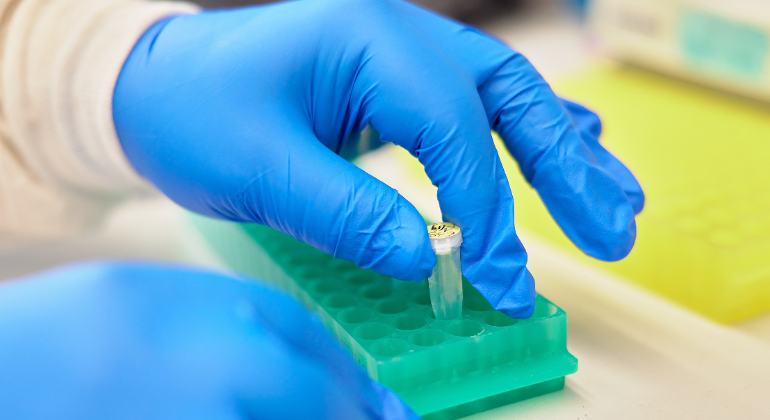
Scientists Develop a Way to Track Donor Bacteria After Fecal Microbiota Transplants
Oct 22, 2025 View All Press Releases
AI System Finds Crucial Clues for Diagnoses in Electronic Health Records
Oct 15, 2025 View All Press Releases